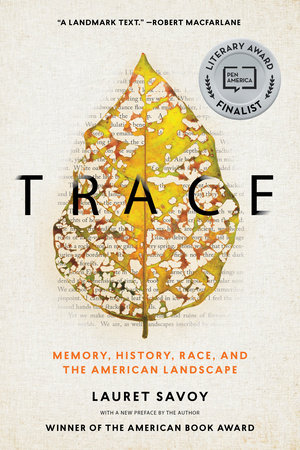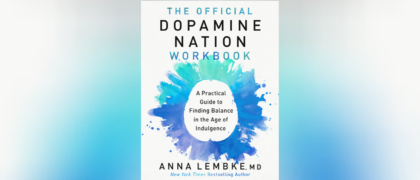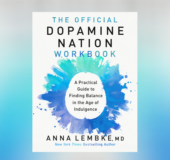“Trace: Memory, History, Race, and the American Landscape is an electrifying text for students to work with in the Africana studies, environmental humanities, and/or women’s studies classroom. A lyrical and arresting study of family, natural and cultural history, as well as the complex meanings of race and place for identity, Trace prompted introspective and engaged discussion for our students.” —Tiya Miles, National Book Award winning author of All That She Carried
Sand and stone are Earth’s fragmented memory. Each of us, too, is a landscape inscribed by memory and loss. One life–defining lesson Lauret Savoy learned as a young girl was this: the American land did not hate. As an educator and Earth historian, she has tracked the continent’s past from the relics of deep time; but the paths of ancestors toward her—paths of free and enslaved Africans, colonists from Europe, and peoples indigenous to this land—lie largely eroded and lost. A provocative and powerful mosaic that ranges across a continent and across time, from twisted terrain within the San Andreas Fault zone to a South Carolina plantation, from national parks to burial grounds, from “Indian Territory” and the U.S.–Mexico Border to the U.S. capital, Trace grapples with a searing national history to reveal the often unvoiced presence of the past. “Every landscape is an accumulation,” reads one epigraph. “Life must be lived amidst that which was made before.” Courageously and masterfully, Lauret Savoy does so in this beautiful book: she lives there, making sense of this land and its troubled past, reconciling what it means to inhabit terrains of memory—and to be one.
Widely taught throughout English, Environmental Science, Sociology, History, and Geology departments for years, this new edition with a preface from the author will further cement Trace in the canon.
Some boundaries need to be crossed.
Trace trespasses in order to reckon with contested histories that touch us all, to show how “nature” and “race” have always been entangled, to reveal often-unacknowledged ties and counter damaging public silences.
Human history on this continent owes much to the history of Earth itself, to the land’s structure, materials, and texture. Geology as a science has given me one elemental foundation of place. Yet geo-logo also offers metaphors for considering the deposition and erosion of human memory, the fragmentation and displacement of human experience. To write as a belated witness to the past, I’ve reached toward a poetics of geology—of trying to understand Earth and our place on it by seeking connections across different levels of meaning.
The root of “remember” stems from the Latin for re-collect, to put the parts of a body back together. I write as a form of re-membering—of trying to fit fugitive pieces together from what’s been shattered and eroded. Re-membering means discovering omissions and silences; it means uncovering their relations to what is told or not told as history. It is resistance to forgetting the forces that have shaped this land and ourselves in it. Resistance to the fracturing of truth.
So as you read these pages, please think about your own lives, the lives of your families, of your ancestors as best you can. Consider for yourself what it means to live in this land and to be a citizen of this nation. What is your relationship with and responsibility to history in this place called the United States? What must you re-member?
One last point. When I wrote Trace, I did not know how deep ancestral roots extended into Chesapeake earth. I didn’t know how forebears were tied to the colonial projects of Virginia and Maryland, to nascent ideas and laws defining “race,” and to economies built on commodifying the land and those forced to labor on it. Nor did I know how ancestors belonged to a growing population of free people of color up to two centuries before the Civil War. I didn’t know then—but have begun to write about—how earlier lives directly encountered the origins of race and racism in this land, and the vast terrain between freedom and enslavement.
The search in Trace continues.
Lauret Savoy is a woman of African American, Euro-American, and Indigenous ancestry, and the David B. Truman Professor of Environmental Studies & Geology at Mount Holyoke College, where she explores the stories we tell of the American land’s origins and the stories we tell of ourselves in this land. Her books include The Colors of Nature: Culture, Identity and the Natural World; Bedrock: Writers on the Wonders of Geology; and Living with the Changing California Coast.






